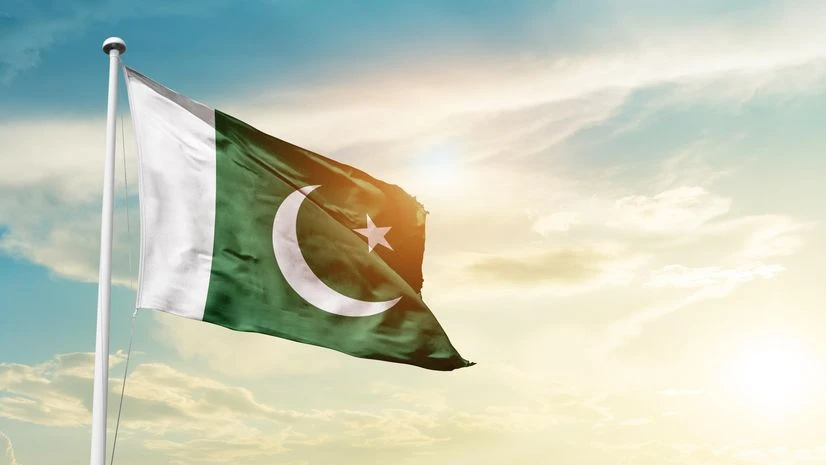In a move to reduce government spending, Pakistan announced plans to eliminate around 150,000 government jobs and to close or merge several ministries as part of reforms linked to a USD 7 billion loan from the International Monetary Fund (IMF). This decision follows the IMF’s approval of a financial assistance package after Pakistan agreed to enhance its tax revenue and cut expenditures. Finance Minister Muhammad Aurangzeb emphasized the need for these reforms to ensure economic stability and expressed optimism about increasing taxpayer numbers and improving foreign exchange reserves. Despite challenges, he asserted that the economy is on a positive trajectory, with inflation reportedly decreasing and export growth observed.
Pakistan Moves to Cut Government Expenditures in IMF Deal
Pakistan is taking drastic measures to reduce its administrative costs amid financial challenges. Recently, the government announced plans to eliminate around 150,000 government positions, shut down six ministries, and merge two others. This restructuring is part of the reforms required by the International Monetary Fund (IMF) as part of a USD 7 billion loan agreement.
On September 26, the IMF approved this financial assistance package and released over USD 1 billion as the first installment. In return, Pakistan committed to cutting spending, increasing the tax-to-GDP ratio, levying taxes on non-traditional sectors like agriculture and real estate, limiting subsidies, and transferring some fiscal responsibilities to provincial governments.
As Finance Minister Muhammad Aurangzeb addressed the media after his return from the United States, he stated that this program with the IMF would be the last for Pakistan. He stressed the importance of implementing effective policies to ensure this is true. Aurangzeb mentioned that reducing the scale of government ministries is already in progress, with plans to close six ministries and merge two.
The government also aims to boost tax revenues significantly. In the past year, around 300,000 new taxpayers joined the system, and this year has seen an additional 732,000, increasing the total number of taxpayers from 1.6 million to 3.2 million. The minister announced that non-filers, those who do not pay taxes, will no longer be able to make property or vehicle purchases.
Despite past challenges, Aurangzeb expressed optimism about the country’s economic outlook, noting an increase in foreign exchange reserves, national exports, and investor confidence. He highlighted a notable reduction in inflation, which has now dropped to single digits due to government policies.
Pakistan has struggled to stabilize its economy for years and was on the brink of default in 2023 before receiving emergency funds from the IMF. While the current loan is hoped to be the last, skepticism remains as many previous loans have not led to long-term improvements.
Photo caption: Pakistan | (Photo: Shutterstock)
Last Updated: September 29, 2024
Tags: Pakistan economy, IMF loan, government cuts, tax reform, inflation reduction, financial crisis
-
What is the reason behind Pakistan cutting 150,000 jobs?
Pakistan is cutting jobs as part of a deal with the International Monetary Fund (IMF) to stabilize its economy and reduce government spending. -
Which ministries were dissolved in Pakistan?
Pakistan dissolved six ministries to streamline the government and reduce costs, but the specific ministries were not mentioned in the report. -
How will these job cuts affect the economy?
The job cuts may lead to immediate savings for the government, but they could also increase unemployment and reduce overall economic activity in the country. -
What does this IMF deal mean for the people of Pakistan?
The IMF deal aims to improve Pakistan’s financial situation, but it may also involve tougher economic conditions that could affect everyday life for many citizens. - Are there any plans to create new jobs in the future?
While the focus is currently on cutting costs, it is hoped that stabilizing the economy will eventually lead to job creation in the future.
)





